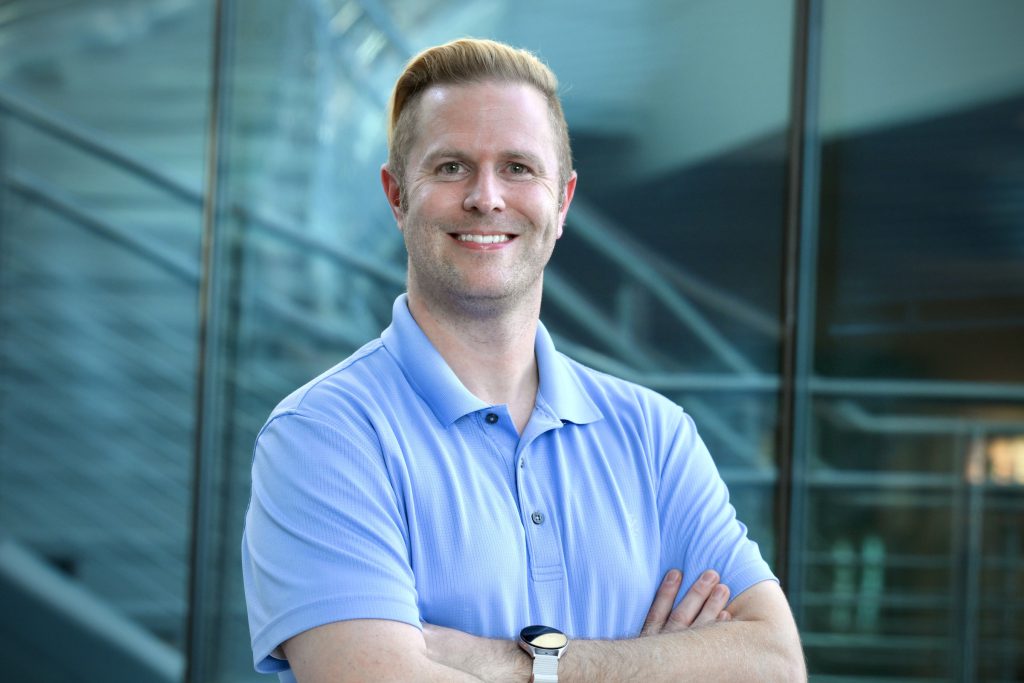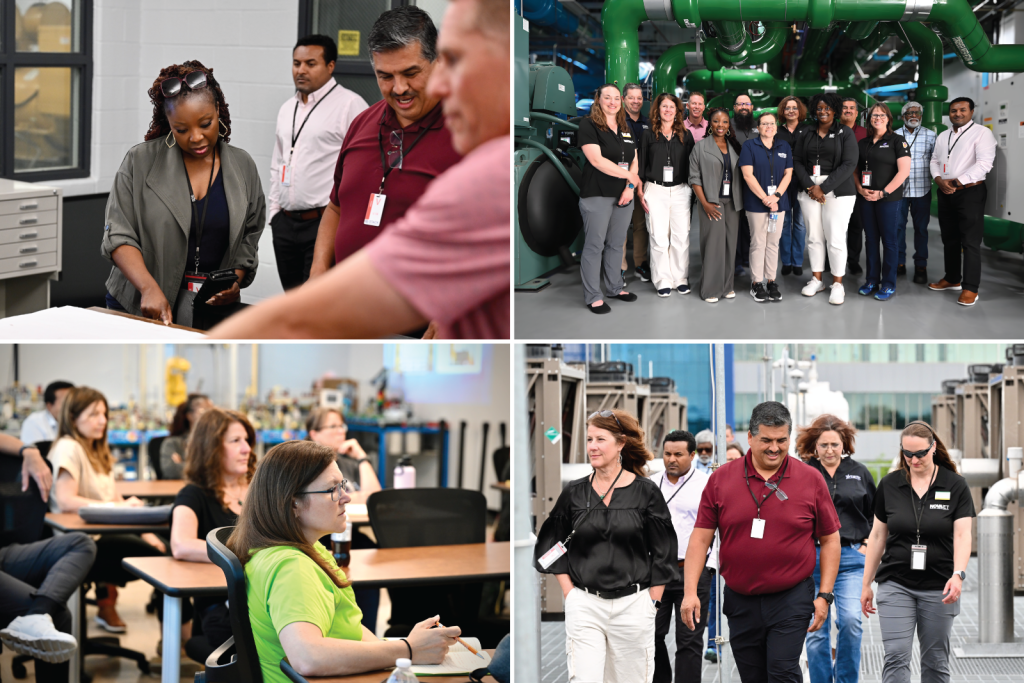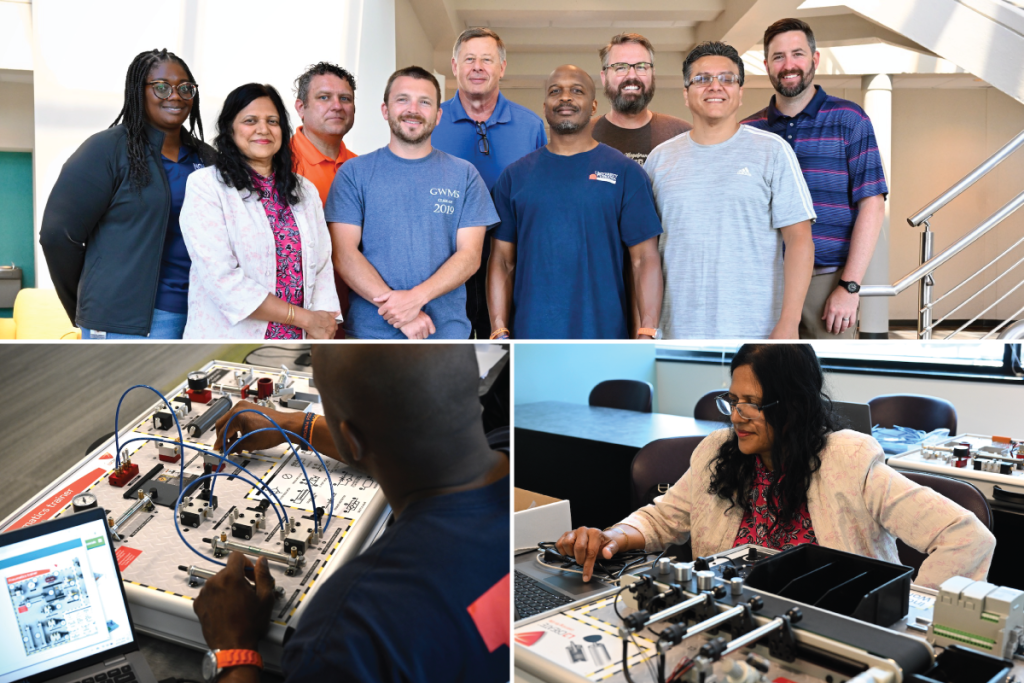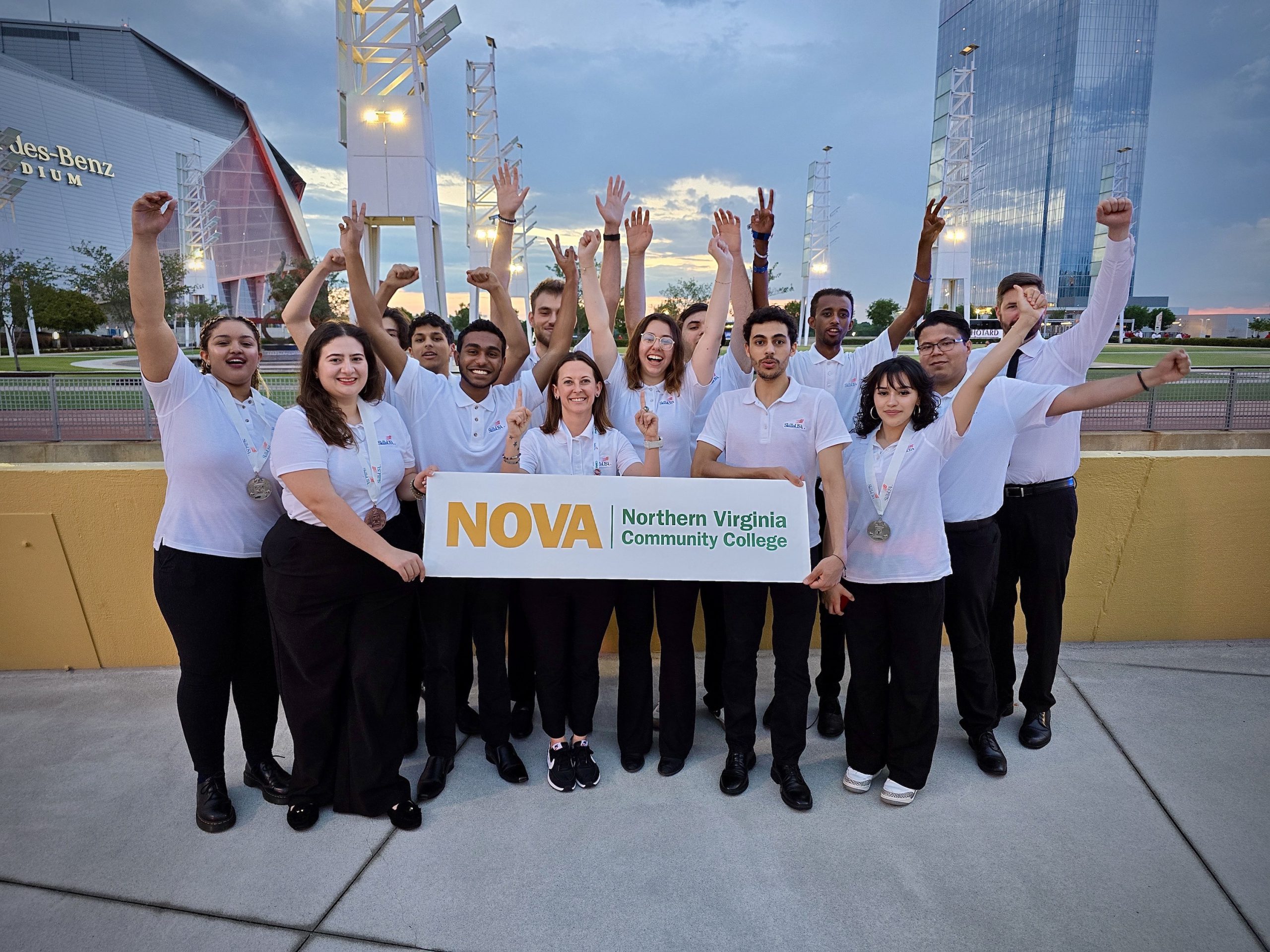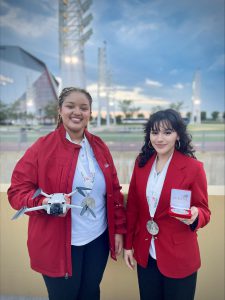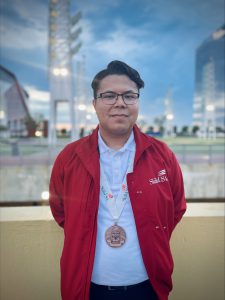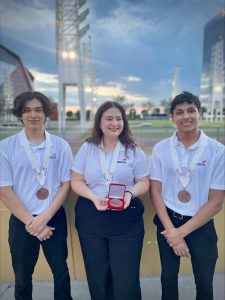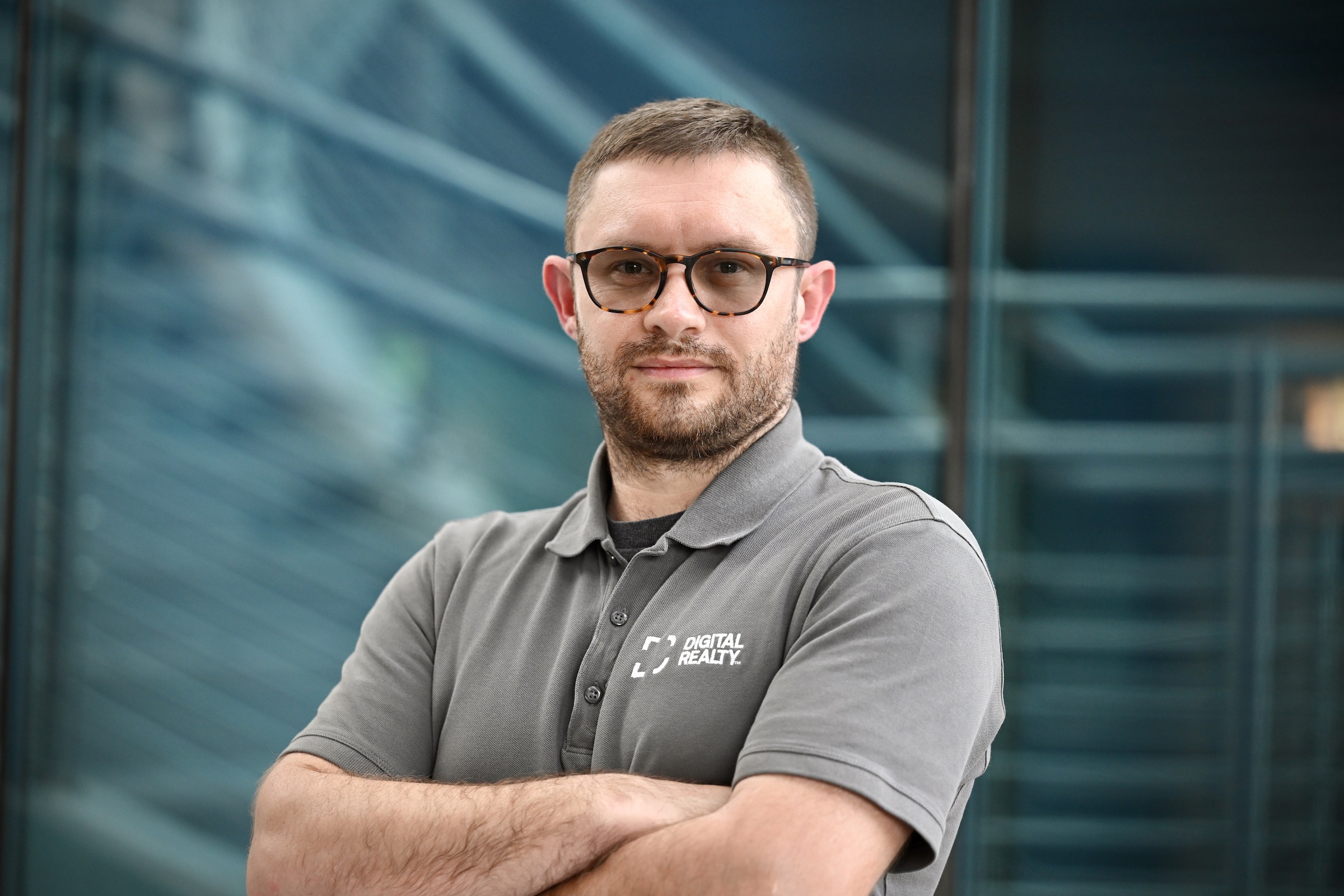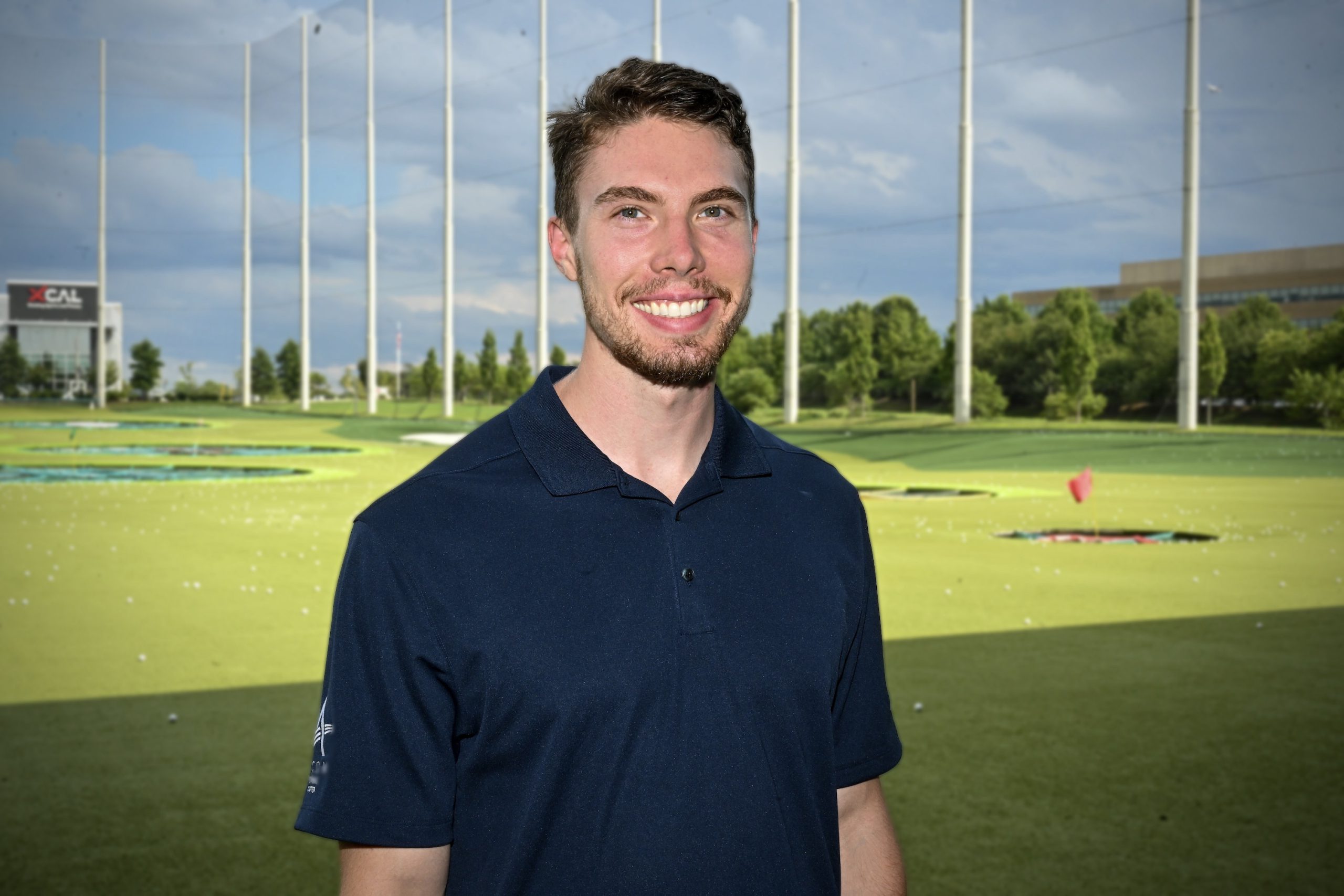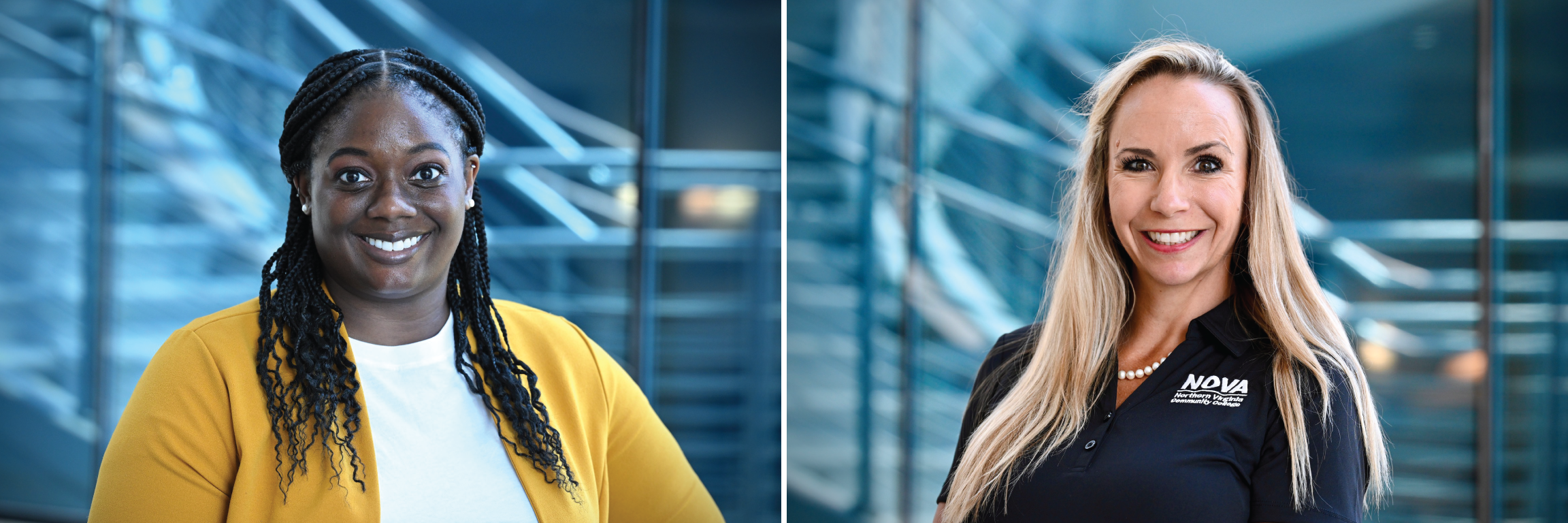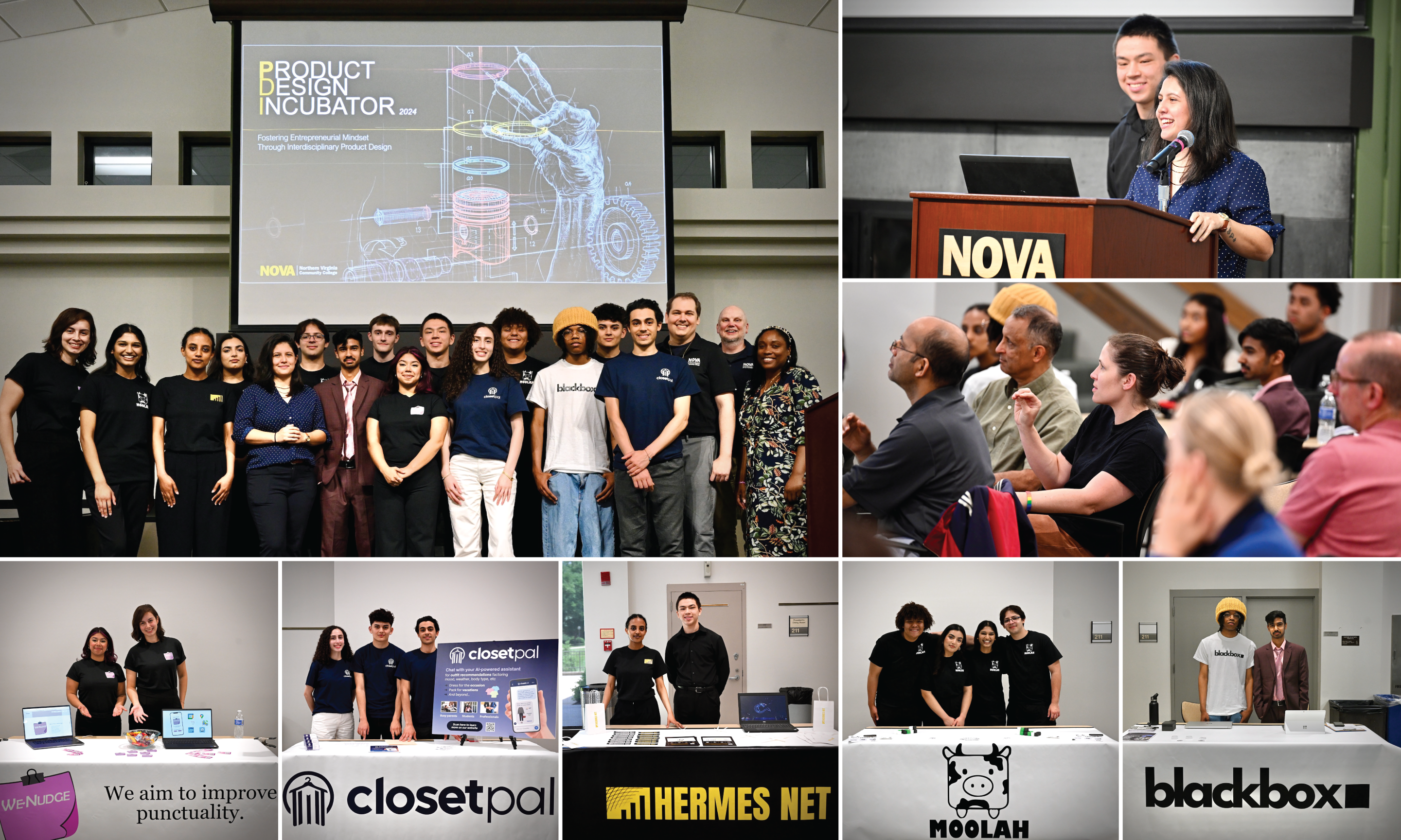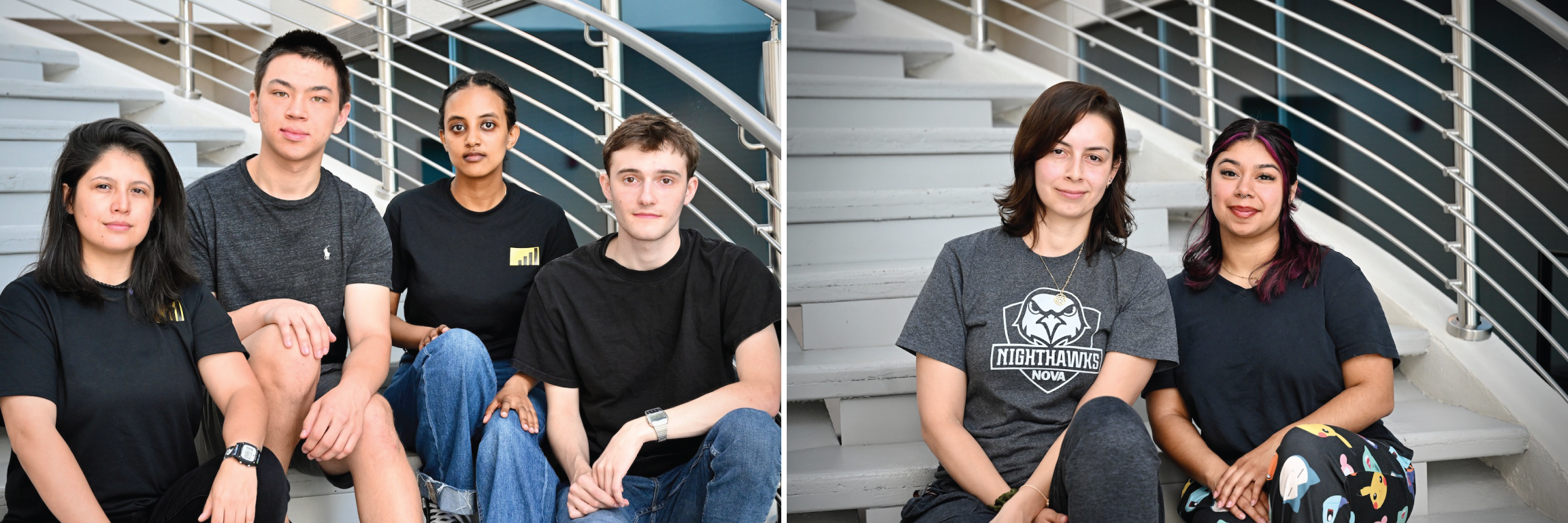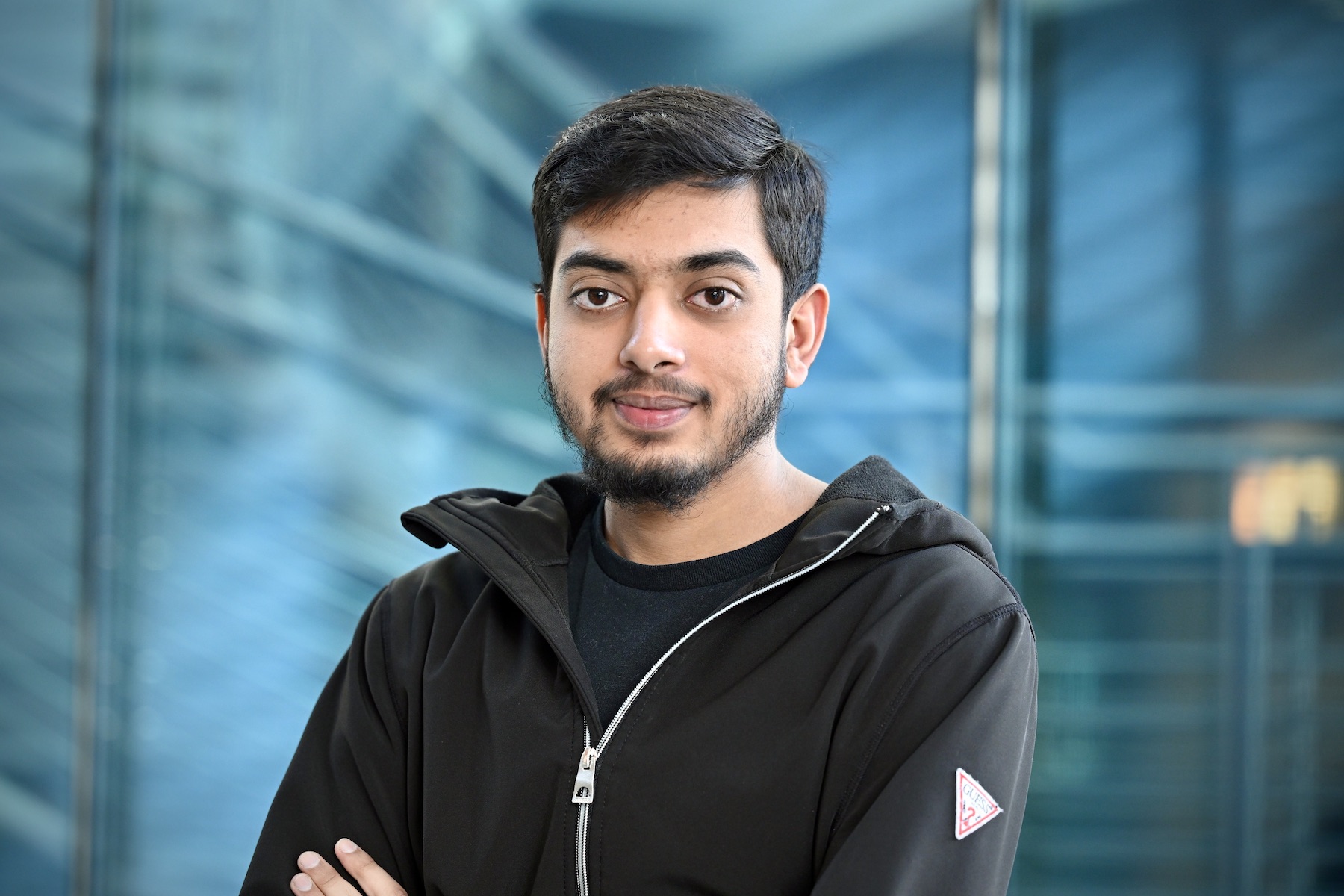Patrick Gillespie, NOVA to Iron Mountain
“I highly recommend NOVA for many reasons—it’s local, affordable, offers numerous technical programs, has strong relationships with industries and universities, and is nationally recognized.”
To enhance his networking, leadership, and resume-building abilities, he joined the CLRI program. “Networking and communication are just as crucial as technical knowledge,” he noted. “If someone likes you and believes you can do the job, even if you’re not the most technically skilled, they’ll choose you over someone else. It’s essential to attend networking events and engage with other professionals.”
Patrick’s leadership abilities grew when he took charge of a group project. As team members came and went, he had to step up, organize, and ensure the project was completed on time, despite a tight timeline. “Sometimes opportunities to further your career fall into your lap, and being prepared to lead can make all the difference,” he said.
During the CLRI program, he also learned how to build an effective resume. He explained how one of the speakers emphasized the importance of incorporating factual data and numbers into resumes to make them stand out.
“After listening to the speaker, I realized my resume was far from where it needed to be. I was able to apply his formatting tips and ideas to create a technical resume,” he said.
Patrick strongly recommends the CLRI program to his fellow NOVA IET students. “It’s a great opportunity with a minimal time commitment. Much of it can be done virtually, and it introduces you to the professional world, giving you a head start against your competition.”
He expressed similar sentiments about his AFCOM placement, where he spent five weeks at CoreSite’s Ashburn location and five weeks at Iron Mountain’s Manassas site. Throughout this period, he gained insight into nearly every aspect of data center operations, including security, service delivery, remote hands networking, facilities management, and leadership meetings.
Rich Klee, the Director of Critical Operations at STACK, served as Patrick’s mentor throughout the experience. “Rich was extremely helpful. During challenging weeks, we’d meet and talk through any frustrations I was facing,” he shared.
He also mentioned the welcoming environment at CoreSite, where Senior Director Chris Lettiere and Senior Data Center Operations Manager Miguel Ramos ensured he was always involved and engaged in learning about their team, culture, and company.
“I had a similar experience at Iron Mountain—the managers are great. Troy Hill, the director, is fantastic. There are honestly too many people to name. Everyone at both companies was friendly and helpful,” he shared.
Patrick learned a great deal during these placements. He became familiar with data center operations, daily routines, the role of facility technicians, and the significance of the job. As he transitioned from intern to employee, he had a clear understanding of what the role entailed.
When discussing challenges, Patrick noted that acronyms were at the top of the list. He encourages interns and new hires to ask questions about unfamiliar terms.
He also highly recommends NOVA’s DCO program. “In the data center world, we’re at the epicenter. TJ Ciccone’s Intro to DCO class offers an invaluable opportunity because he’s a prominent, influential figure in the industry. Having that direct connection and pipeline into the field is something you can’t find anywhere else on the planet right now,” he said.
Patrick plans to complete the DCO career studies certificate within the next year, supported by Iron Mountain’s tuition reimbursement program. His future goals include becoming an expert in his field and contributing to the training and education of young professionals in the industry.

